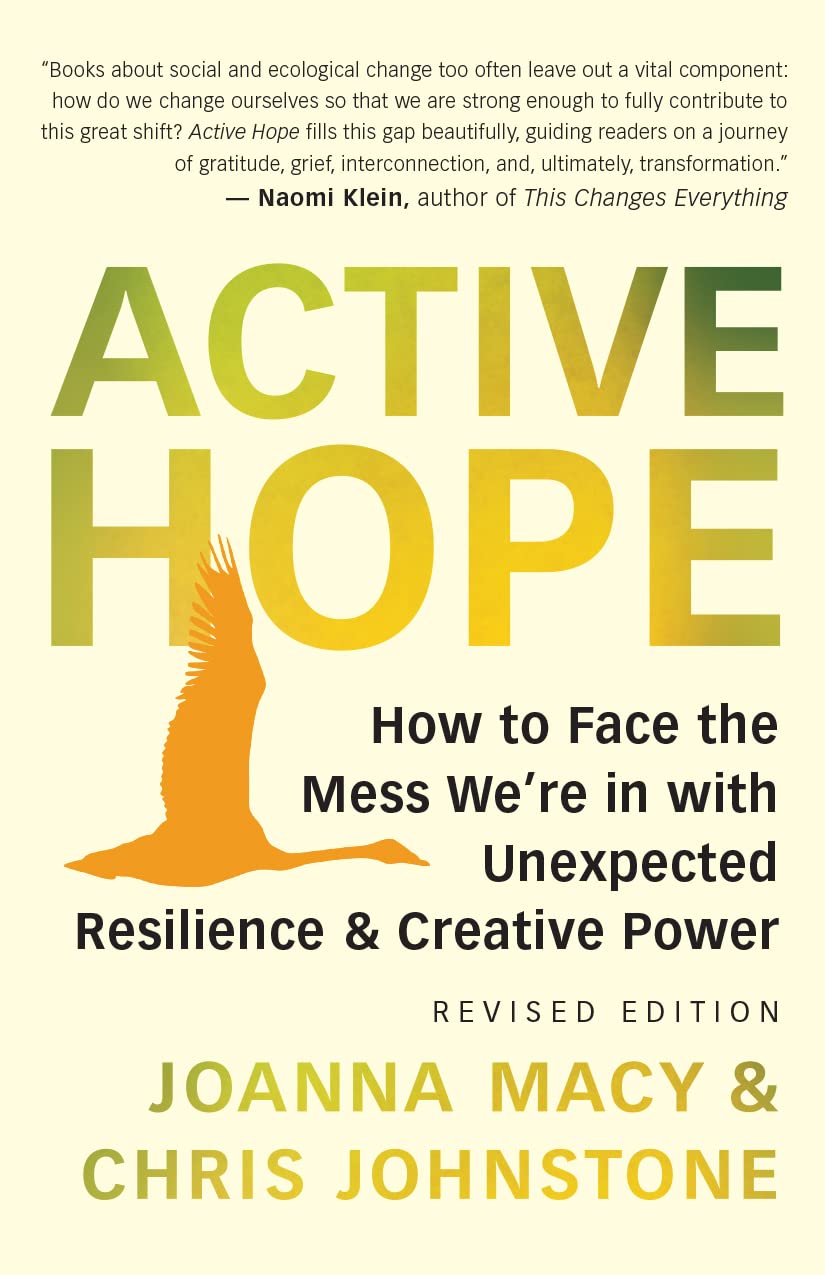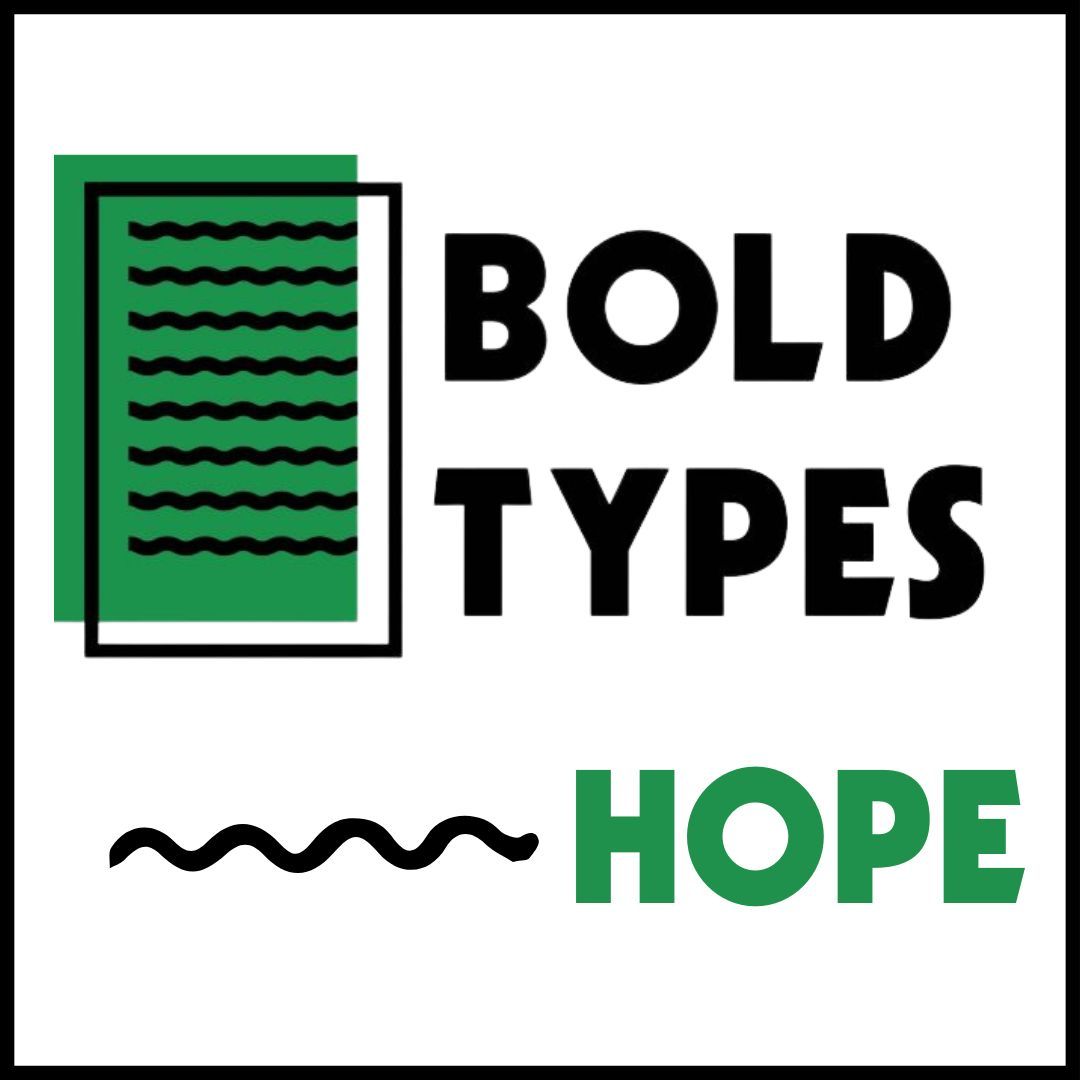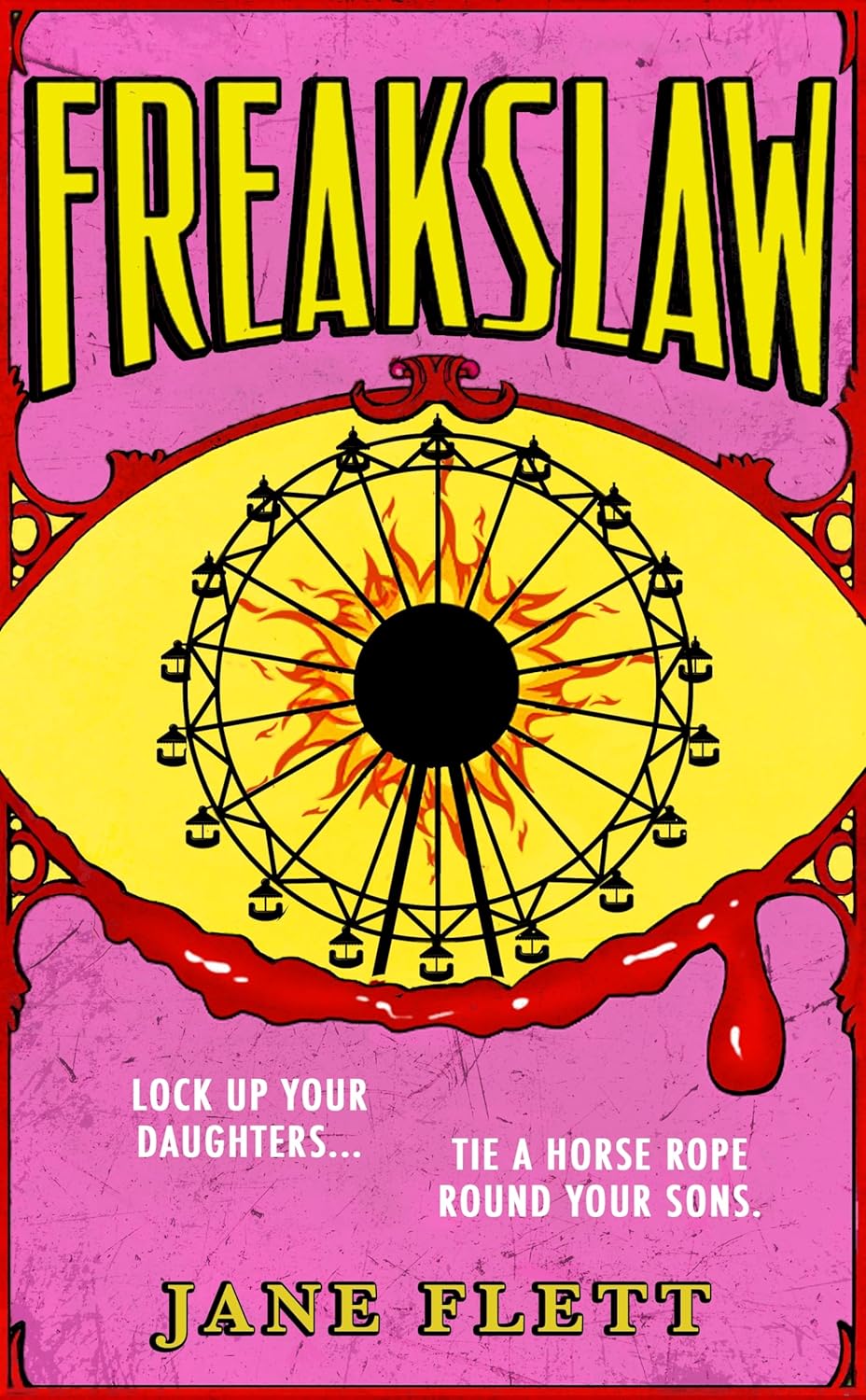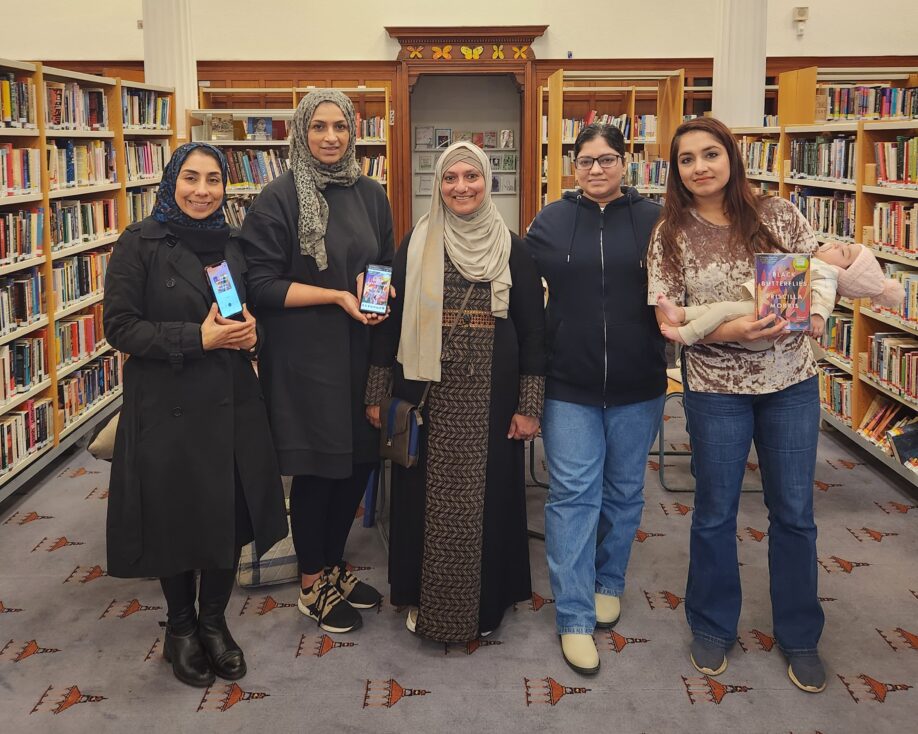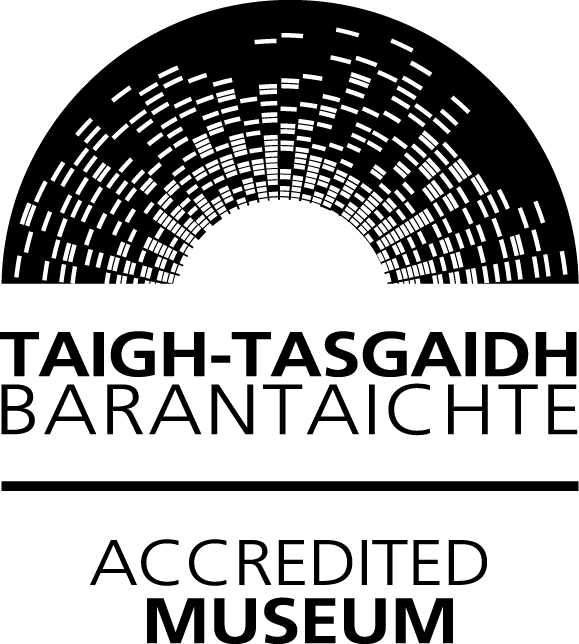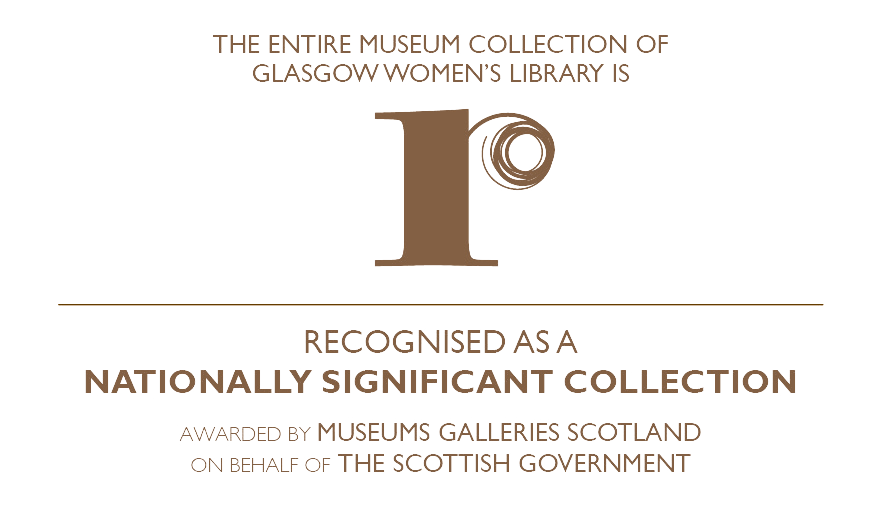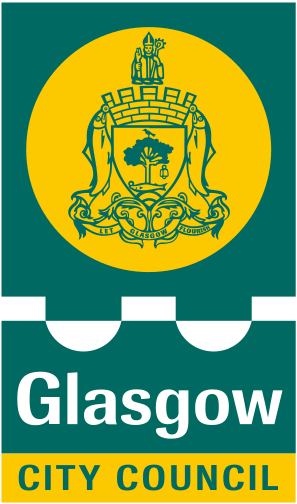Morag Smith is leaving the building… but leaving a remarkable legacy and indelible mark at GWL.
In the summer of 2009 Scottish Government Equalities Unit gave GWL funding for the first time for a full-time National, Outreach and Development Worker. GWL was located in its spectacularly unsuitable, unheated and inhospitable premises at Parnie Street. Our whole collection was boxed and we only had hopes that it would, someday, be unleashed and accessible again. I vividly remember thinking that it would take someone with an exceptionally positive constitution to convey ambition and optimism about this role as we embarked on interviews in the drab, unseasonably cold and unpromising context of the ‘library’. Morag brought the energy, warmth and vision we were looking for.
Once appointed, Morag’s task? To singlehandedly take GWL to the nation. Her ‘can do’ approach was evidence from the get go – never daunted by the scale of the ask, by unpredictable trains and ferries, extreme weather conditions or the precarity of funding. Typically we would witness her arriving back from another learning odyssey, laden with flipchart paper or portable exhibition stands settling down at her desk and rattling away on her laptop before packing up her expandable case and taking off again around the country – a woman on a mission! Even a pandemic barely threw her off course as she adeptly became savvy to remote working and hybrid deliveries of programmes, festivals and partnership working. Morag has ploughed a remarkable, steady, but quietly ambitious path at GWL working with thousands of people across the country doing what the job demanded, bringing the essence of GWL to communities of women from Aberfeldy to Aberdeen, from Dundee to Dennistoun.
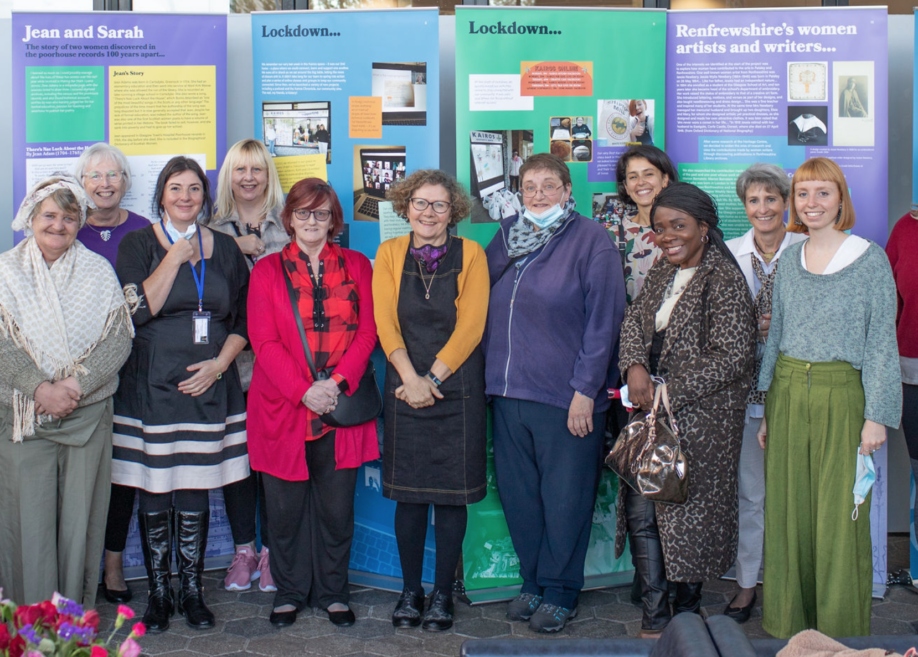
In the first two years alone Morag seeded; a women’s history detective group in Clydebank that gained unstoppable momentum and gave rise to moving resources that centred working class women’s hidden histories, began her first raft of workshops inside women’s prisons, (they would run in all the women’s prisons in Scotland between 2009 and 2018) formed the amazing Glenburn Girl’s group in Paisley, embedded GWL’s long term relationship with Dundee International Women’s Centre and staged the first major pan national conference to capture ideas of what women across Scotland needed from us. In those productive first couple of years more seeds were sown that are still bearing fruit…notably the incubation and development of the Glasgow based women’s heritage walks in many other areas of Scotland beginning with the Wigtown women’s heritage walk, launched on International Women’s Day 2010. Morag has turned her hand to multiple programming, genres and topics from film screenings to grappling with sensitivity and creativity with what sectarianism means to women, from publications, to touring exhibitions, from training delivered for deaf women who want to unearth their heritage to a specialised strand of work honed over many years and with many groups Sikh Sanjog in Edinburgh to Kairos in Paisley focussing on creativity and mental health. Morag has done life changing work with school aged children across the country and moved mountains with the most elderly, always with deftness and care to class, geographic differences, ethnicities, disabilities and needs using her skills and empathy and commitment to model the values of GWL.
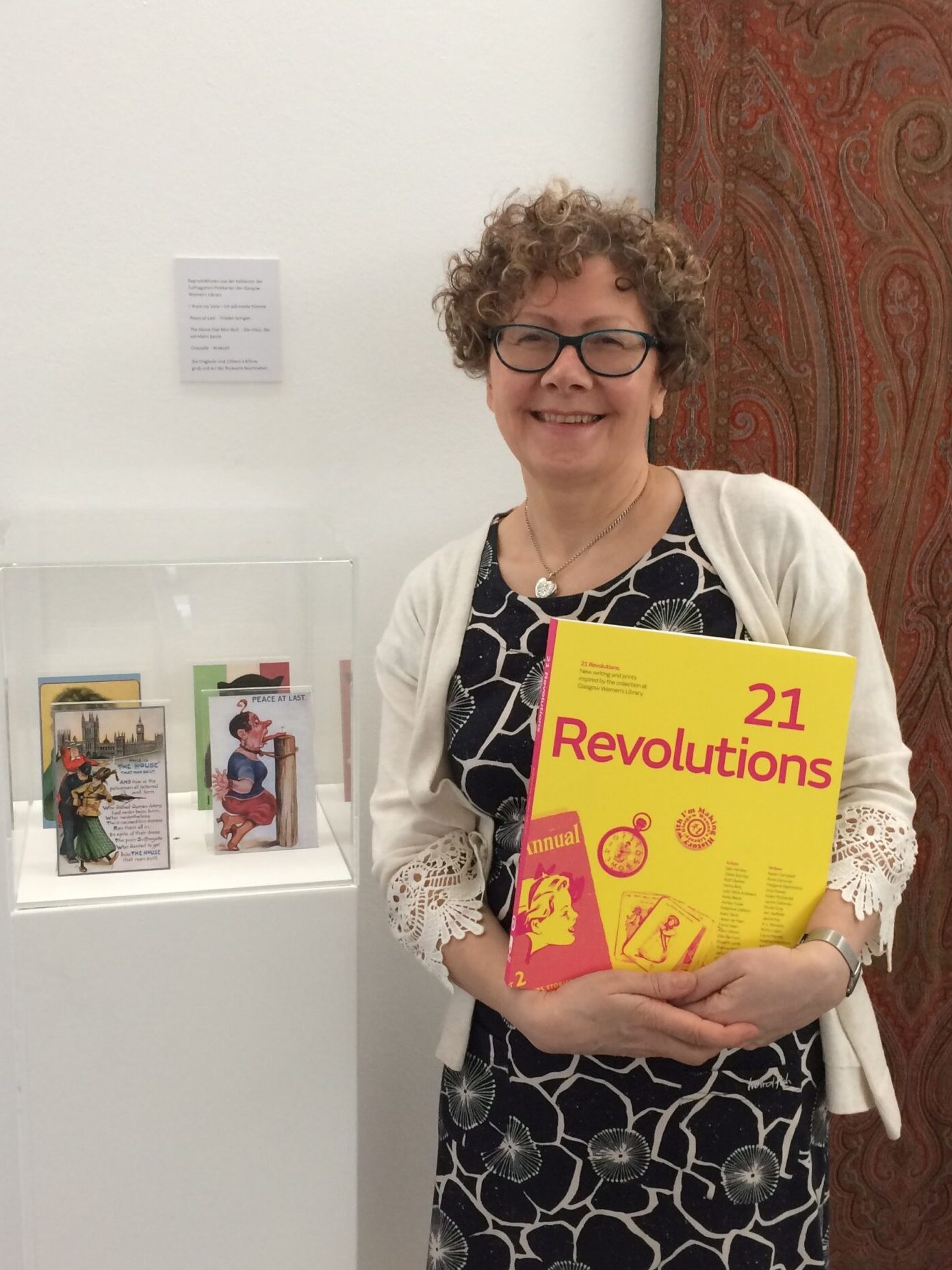
There are so very many lasting impacts and memorable episodes over the 15 years Morag has been working with us not least in 2018 the – 100th anniversary of women’s suffrage when she worked with women in Greenock Prison to develop a commemorative suffrage walk within the grounds of Greenock prison. No mean feat! The women developed a theme “100 years and counting”, made placards and wrote songs for the occasion. Some placards and a banner are now kept in the archive.
Throughout her time as a valued, unflappable and incredibly productive team member Morag has managed to sustain and develop a powerful voice in Scottish poetry, Her pamphlet, Background Noises, published by Red Squirrel press in November 2022, is about the human and ecological history of a semi-derelict psychiatric hospital in Renfrewshire and typifies her evocative and beautifully wrought practice. We are looking forward to the ways this vital dimension to her life will bear more fruit in the years to come.
We will miss Morag’s expertise and knowledge, her dry humour and calm in the face of the more or less constant convulsions that have washed over us in this period. I have felt grateful for and learnt from Morag’s pragmaticism during relocations, funding crises, staffing and resource shortages, infestations of beasties, boiler breakdowns, the scourge of train delays and cancellations and much more. Her legacy lives on, her work forms a valued pillar of our institutional history. She has passed on her pool of skills and, for good measure, her name is now indelibly inscribed on our wall. https://womenslibrary.org.uk/how-to-get-involved/support-our-work/women-on-the-wall/
Thank you Morag, it has been an absolute pleasure.

